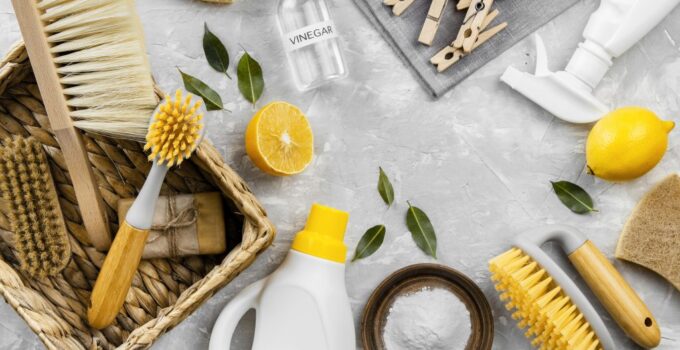When searching for cleaning products, it’s vital to find options that are safe for pets. Traditional cleaners can contain chemicals harmful to animals.
However, animal-friendly universal cleaners are crafted with components that ensure safety for our furry companions.
What Makes a Cleaner Animal-Friendly?
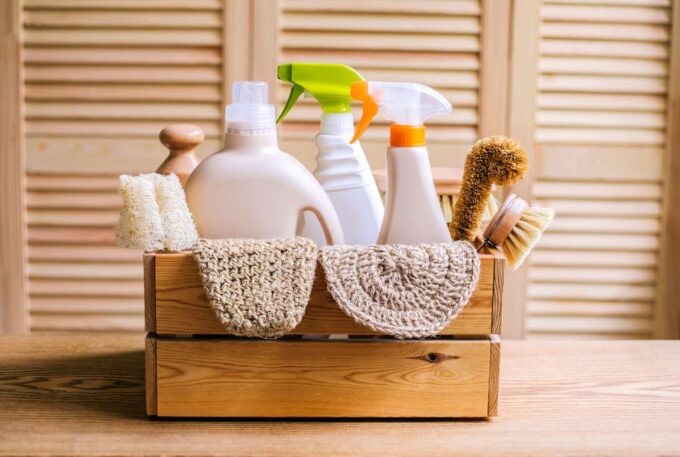
Source: thespruce.com
Animal-friendly cleaners are formulated with non-toxic, biodegradable, and plant-based ingredients.
To explore a product that exemplifies these principles, you can check universalreiniger kaufen and see the benefits of an animal-friendly cleaner firsthand.
Let’s look at some of the key components that make these cleaners effective and safe for our pets.
Plant-Based Surfactants
Surfactants are the primary cleaning agents in any cleaner. In animal-friendly options, they are derived from plants. These surfactants break down grease and grime without the use of harsh chemicals. Common plant-based surfactants include:
- Coconut oil derivatives: Such as coco glucoside and sodium coco-sulfate
- Corn and sugarcane derivatives: Like decyl glucoside
Essential Oils
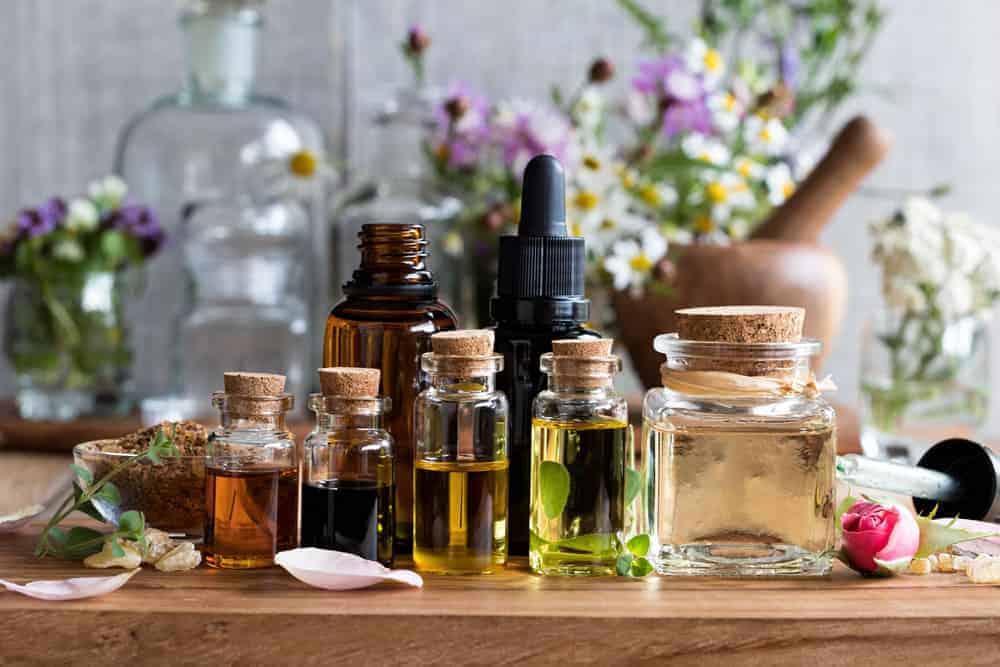
Essential oils add fragrance and antibacterial properties. It’s crucial to choose oils that are safe for pets. Some pet-safe essential oils are:
- Lavender: Known for its calming properties
- Lemon: Offers a fresh scent and antibacterial qualities
- Eucalyptus: Provides a refreshing aroma and antimicrobial benefits
Natural Solvents
Natural solvents help dissolve dirt and grease. They are often derived from citrus fruits or plants. Safe solvents for pet-friendly cleaners include:
- Citrus extracts: Such as d-limonene, which is derived from orange peels
- Ethanol: A simple alcohol derived from corn or sugarcane
Enzymes
Enzymes are proteins that speed up chemical reactions, making them ideal for breaking down organic matter. Enzymatic cleaners are particularly effective for removing pet stains and odors. Common enzymes used in pet-safe cleaners are:
- Proteases: Break down proteins
- Amylases: Target carbohydrates
- Lipases: Dissolve fats and oils
Baking Soda
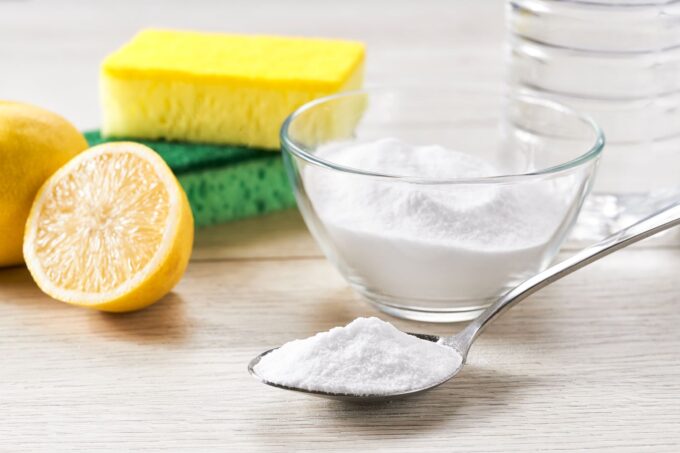
Source: marthastewart.com
Baking soda is a versatile ingredient with natural deodorizing properties. It can neutralize odors without releasing harmful chemicals, making it perfect for homes with pets.
Vinegar
Vinegar, particularly white vinegar, is a mild acid that can cut through grease, deodorize, and disinfect. Its natural properties make it an excellent choice for animal-friendly cleaners.
Glycerin
Glycerin, derived from plant oils, acts as a humectant, helping to keep surfaces smooth and moist. It also adds a bit of shine without introducing harmful substances.
Water
The base of most cleaners, water, acts as a diluent and helps to mix the ingredients properly. Cleaners with a higher water content are usually less concentrated and safer for frequent use.
Why Choose Animal-Friendly Cleaners?
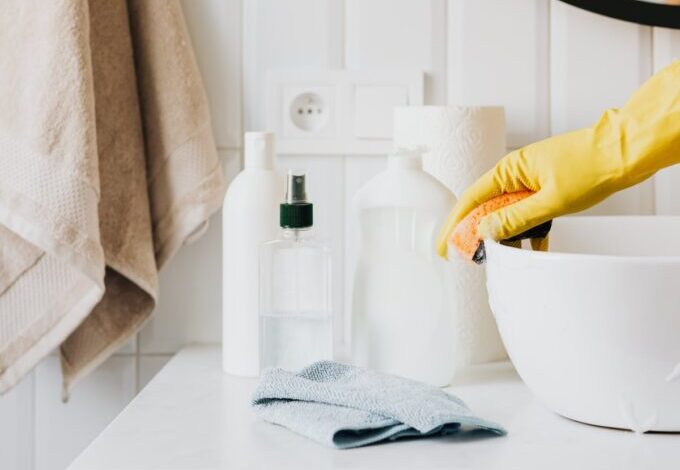
Source: standard.co.uk
Using animal-friendly cleaners isn’t just about avoiding harm to pets. It’s also about creating a healthier home environment overall. Traditional cleaners can release volatile organic compounds (VOCs) that can affect both human and animal health. Choosing non-toxic, biodegradable ingredients ensures a safer, cleaner space for everyone.
Common Chemicals to Avoid
Phthalates
Found in many fragrances, phthalates can disrupt hormones in both humans and animals. They are often hidden under the term “fragrance” on ingredient lists.
Ammonia
A powerful cleaning agent, ammonia can cause irritation to the eyes and respiratory system. It’s especially harmful to pets, who are closer to the ground and more likely to come into contact with it.
Chlorine
Chlorine bleach is effective at disinfecting but can be highly toxic if ingested or inhaled. It’s best to avoid this in homes with pets.
Glycol Ethers
Often found in window cleaners, glycol ethers can cause liver and kidney damage. They are also toxic if inhaled, making them particularly dangerous in a household setting.
Formaldehyde
A known carcinogen, formaldehyde can cause respiratory issues and skin irritation. It’s sometimes used as a preservative in cleaning products.
Making Your Own Animal-Friendly Cleaner
Creating your own cleaner can be both cost-effective and reassuring, as you know exactly what’s in it. Here’s a simple recipe:
DIY All-Purpose Cleaner
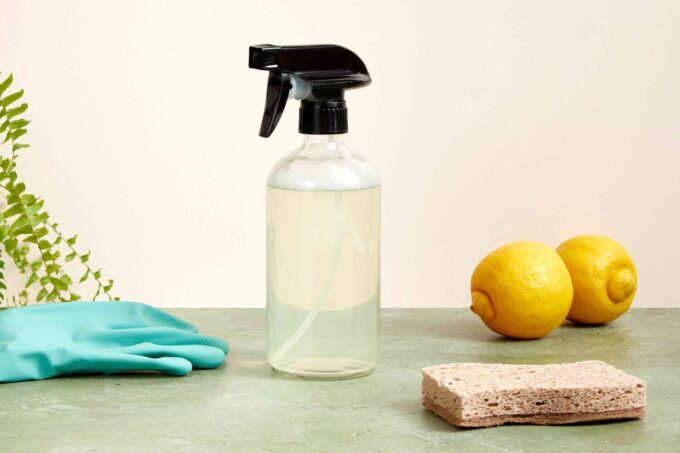
Ingredients
- 1 cup white vinegar
- 1 cup water
- 1 tablespoon baking soda
- 10-15 drops pet-safe essential oil (like lavender or lemon)
Instructions
- Mix the water and vinegar in a spray bottle.
- Add the baking soda.
- Add essential oils for fragrance and antibacterial properties.
- Shake well before each use.
Tips for Using Animal-Friendly Cleaners
- Test a small area: Always test new products on a small area to ensure they don’t cause damage.
- Ventilate: Ensure proper ventilation when using any cleaner to avoid inhaling fumes.
- Store safely: Keep all cleaning products out of reach of pets to prevent accidental ingestion.
- Regular cleaning: Regular cleaning helps reduce the need for harsh chemicals.
Where to Find Animal-Friendly Cleaners
Retail Stores
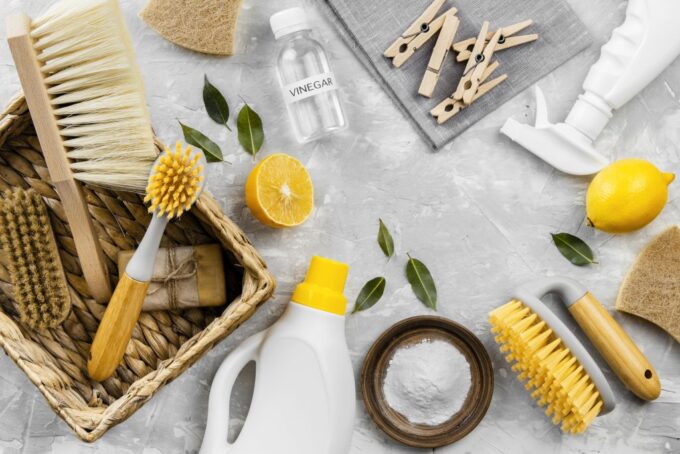
Many mainstream stores now offer sections dedicated to eco-friendly and pet-safe products. Check the labels for key ingredients discussed above and look for certifications indicating that a product is non-toxic and safe for animals.
Online Marketplaces
Websites like Amazon, Chewy, and specialty eco-friendly stores provide a wide range of animal-friendly cleaners. Customer reviews can also offer insights into the effectiveness and safety of these products.
Specialty Pet Stores
Pet stores often carry brands specifically designed with pets in mind. These stores can be great places to find cleaners that are guaranteed to be safe for your furry friends.
Farmer’s Markets and Local Producers
Support local businesses by purchasing cleaning products from farmer’s markets or local producers. These products are often handcrafted with natural ingredients and offer a personal touch.
FAQs
Are all natural cleaners safe for pets?
Not necessarily. While natural ingredients are generally safer, some can still be harmful to pets. Always check for pet-safe certifications and avoid ingredients known to be toxic to animals.
How can I tell if a cleaner is truly animal-friendly?
Look for third-party certifications and detailed ingredient lists. Brands that are transparent about their formulations and have certifications from organizations like the EPA Safer Choice or Leaping Bunny are good choices.
Can I use essential oils in homemade cleaners?
Yes, but with caution. Not all essential oils are safe for pets. Stick to oils like lavender, lemon, and chamomile, and avoid tea tree, peppermint, and eucalyptus in high concentrations.
What should I do if my pet is exposed to a harmful cleaner?
If you suspect your pet has been exposed to a toxic substance, contact your veterinarian or an animal poison control center immediately. Have the product’s label on hand to provide specific information about the ingredients.
Final Words
Choosing animal-friendly universal cleaners is a simple yet impactful way to ensure a safe and healthy environment for your pets. By opting for products with plant-based surfactants, essential oils, natural solvents, and other non-toxic ingredients, you protect your furry friends and contribute to a cleaner planet.
It doesn’t matter if you’re buying commercial products or making your own, it’s clear that we can maintain a clean home without compromising the health of our pets. So, next time you’re cleaning, consider what’s in your products and make a choice that’s friendly to both your home and your pets.

